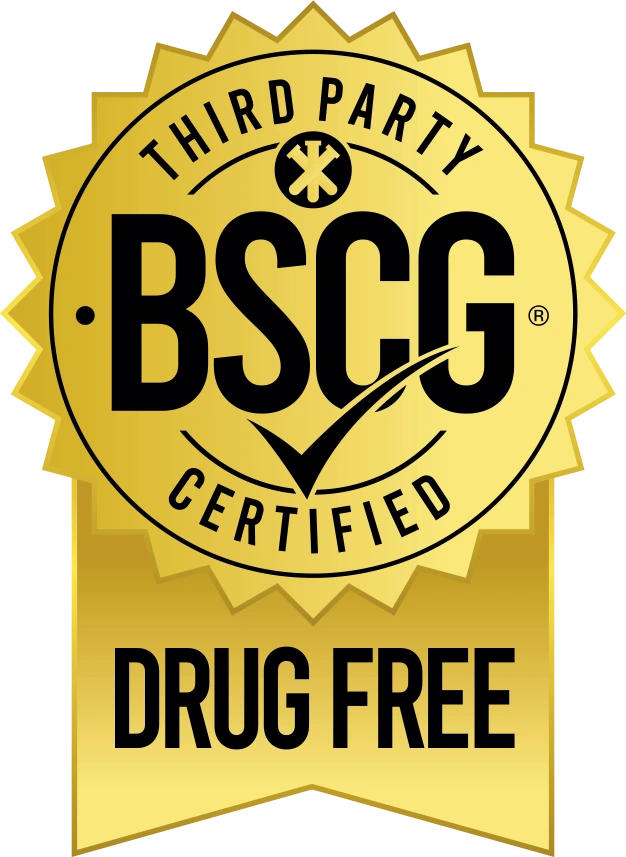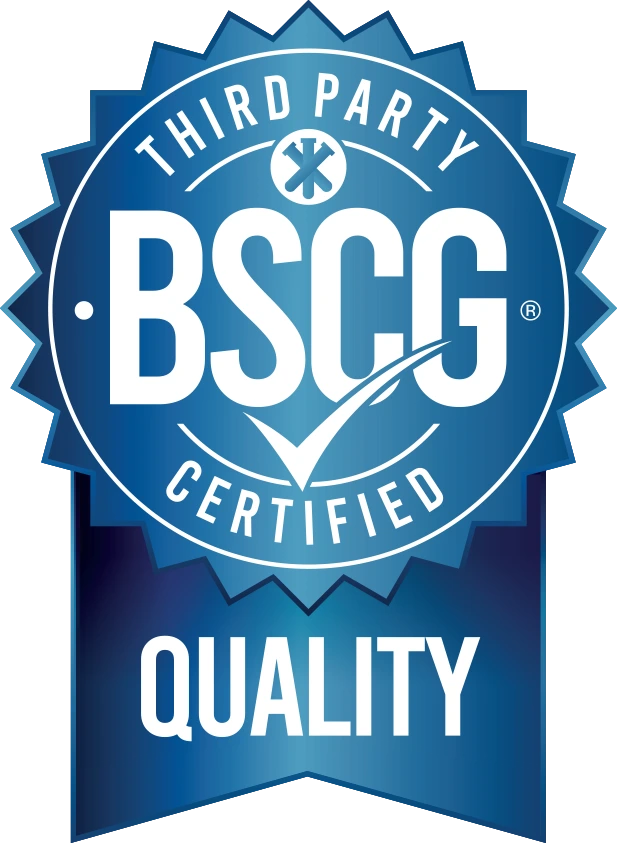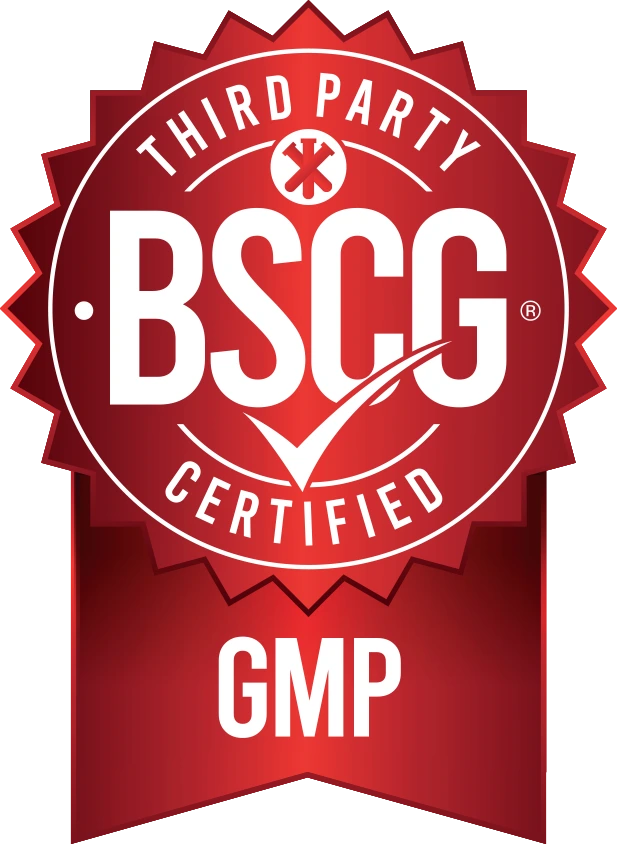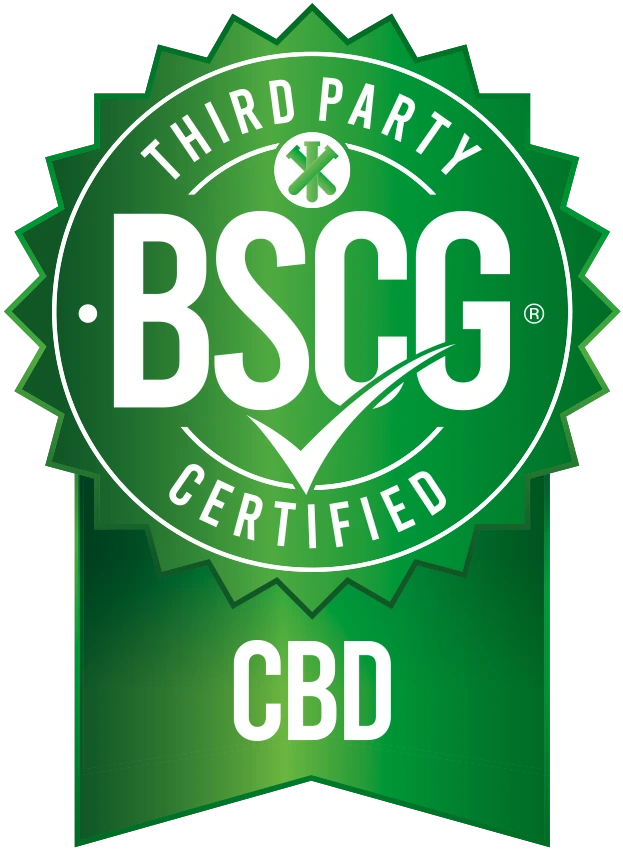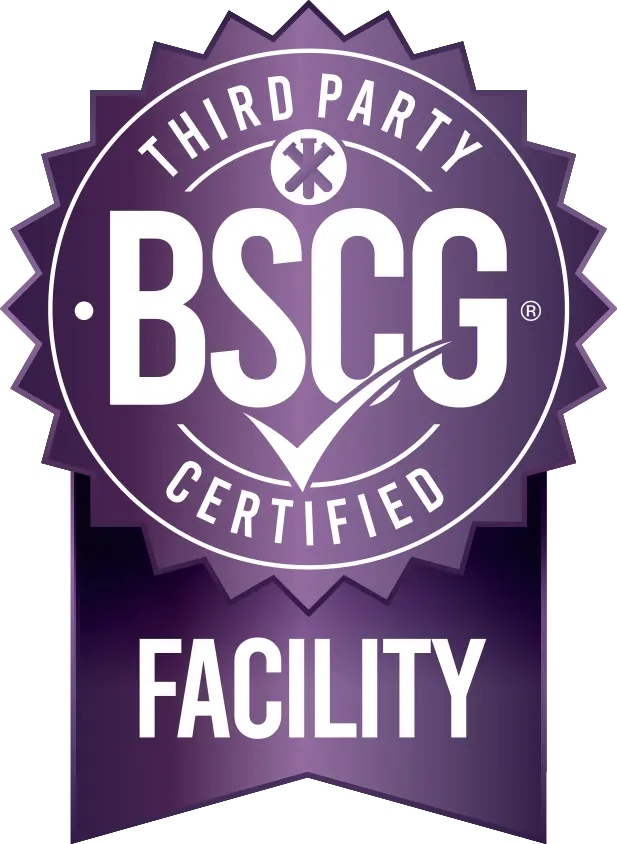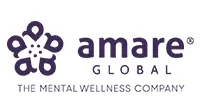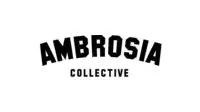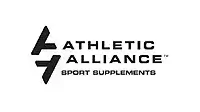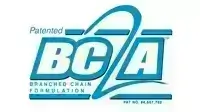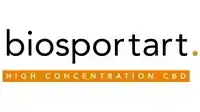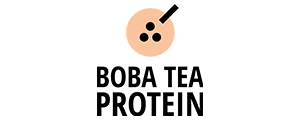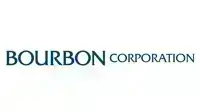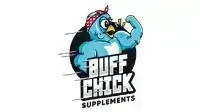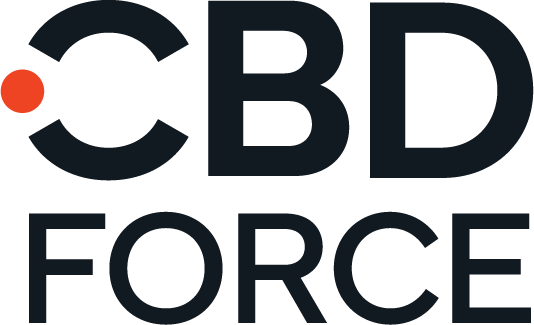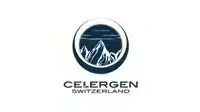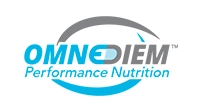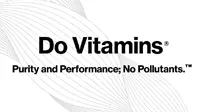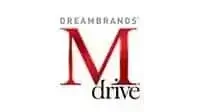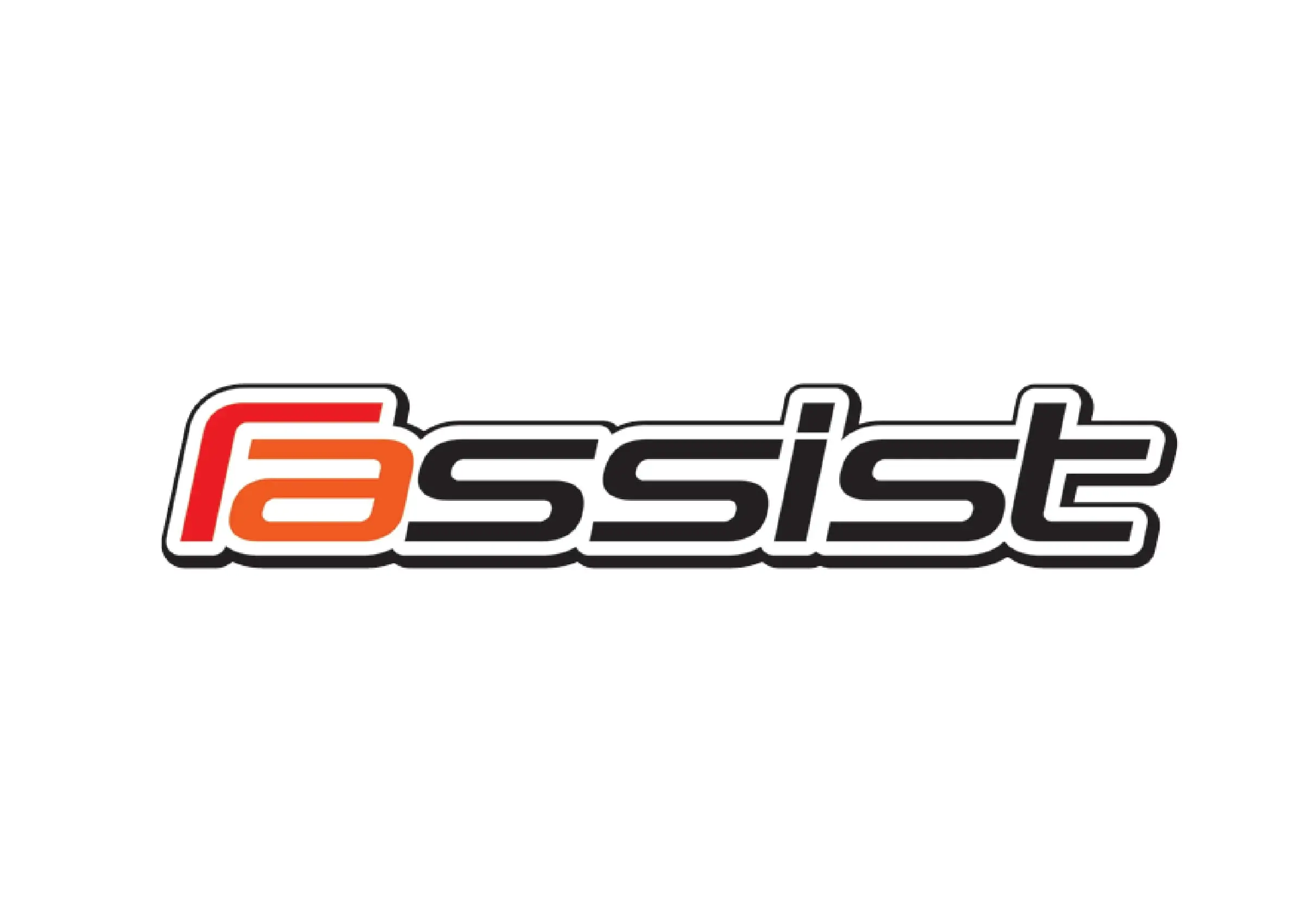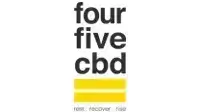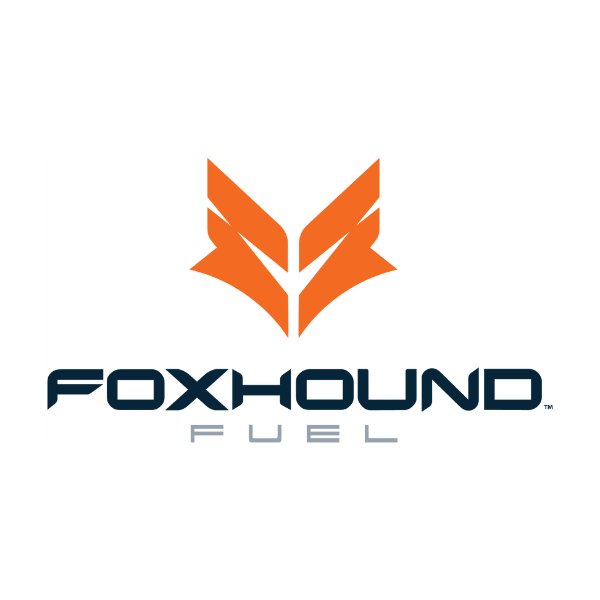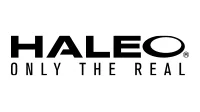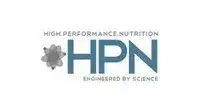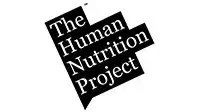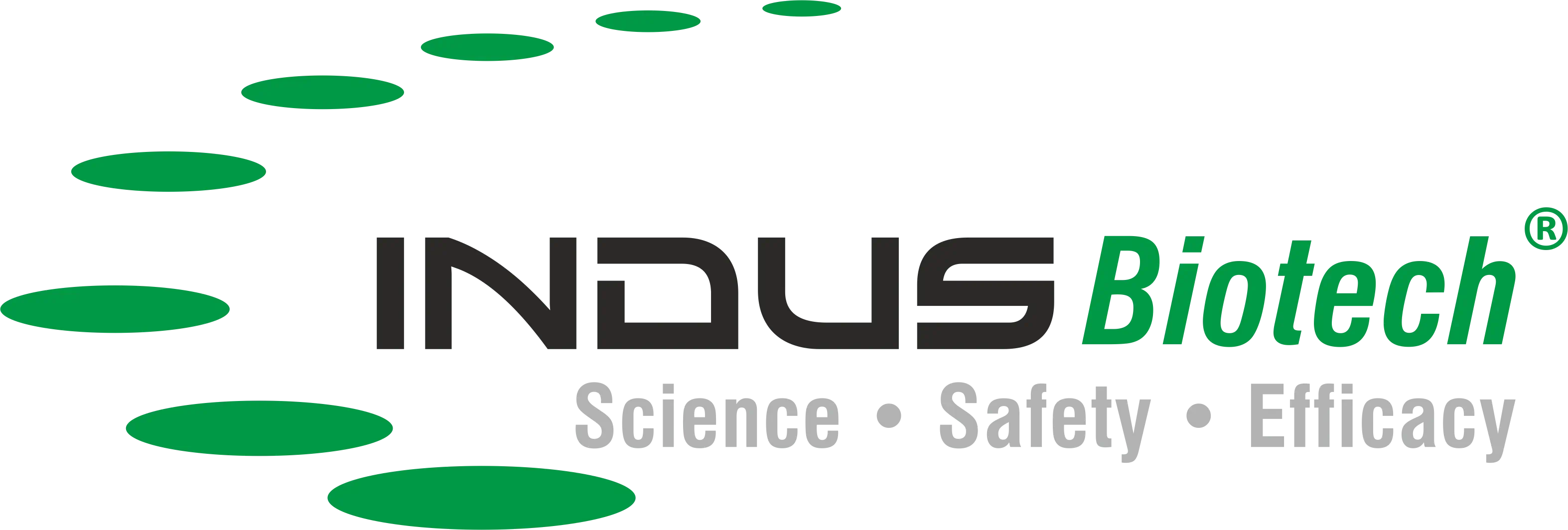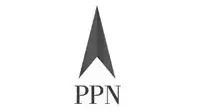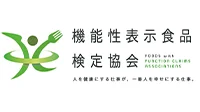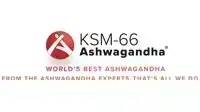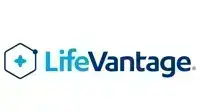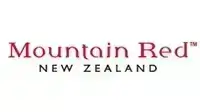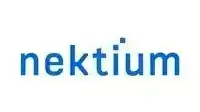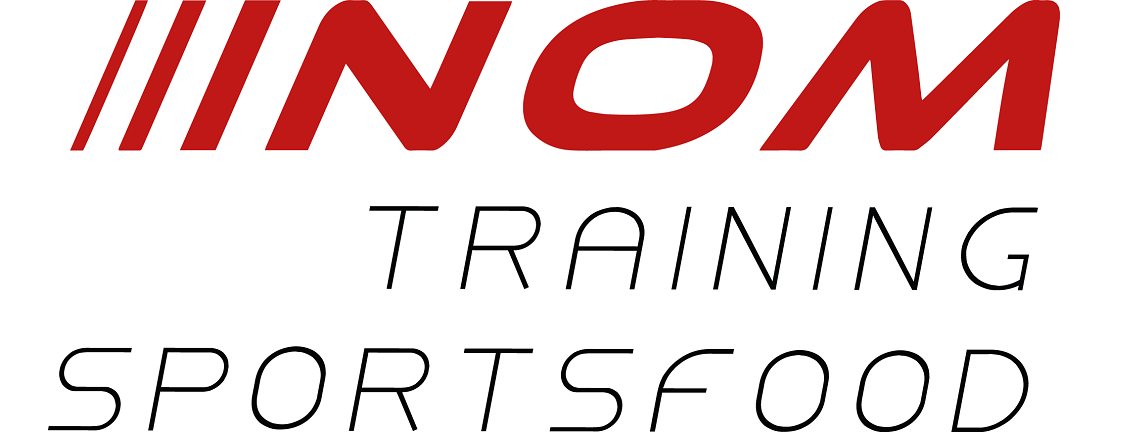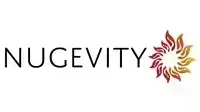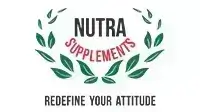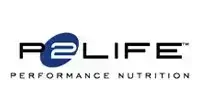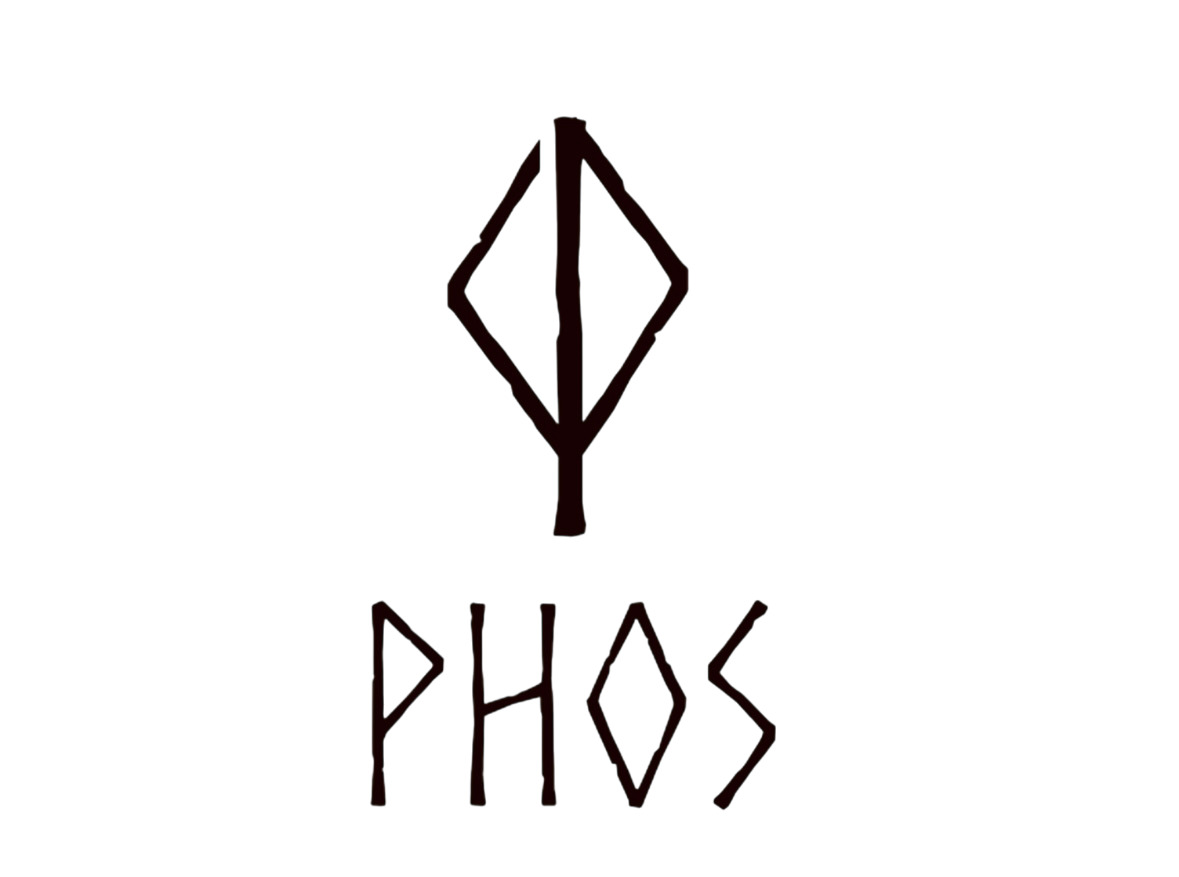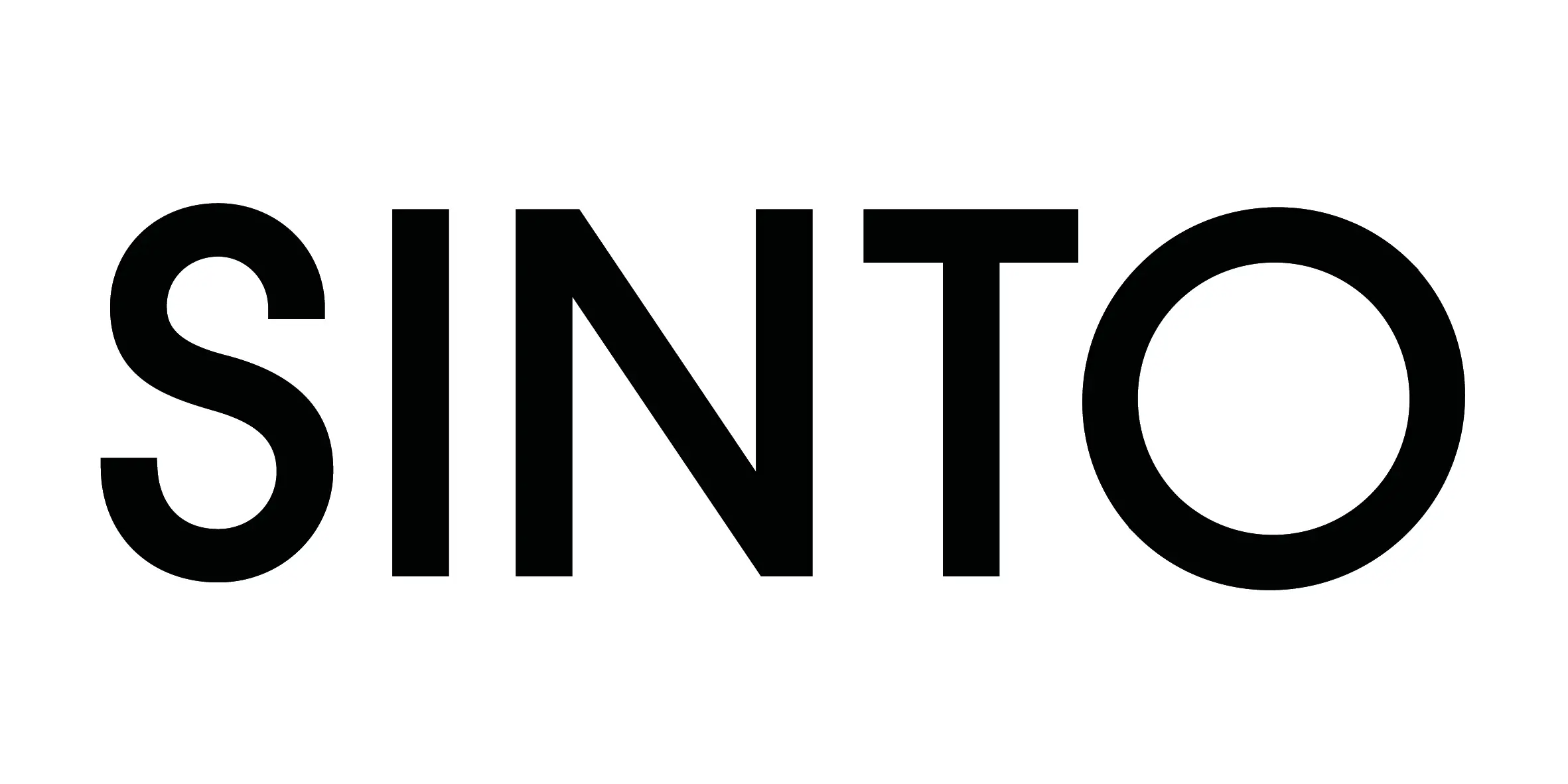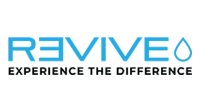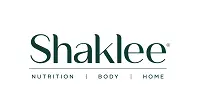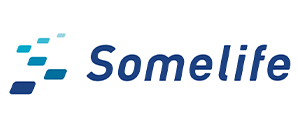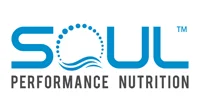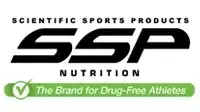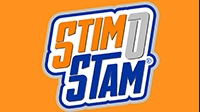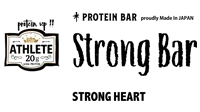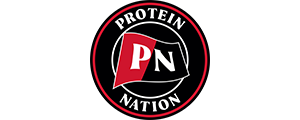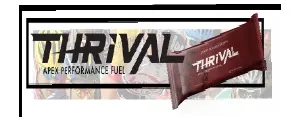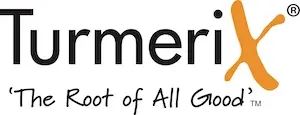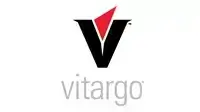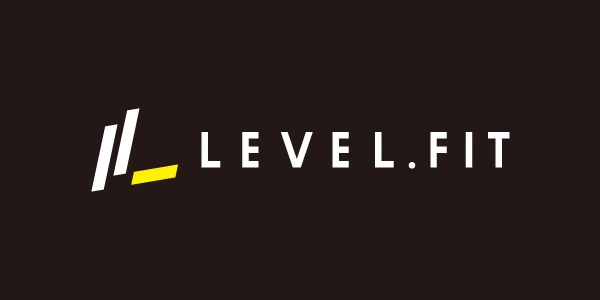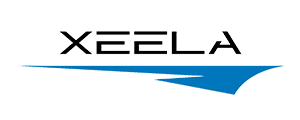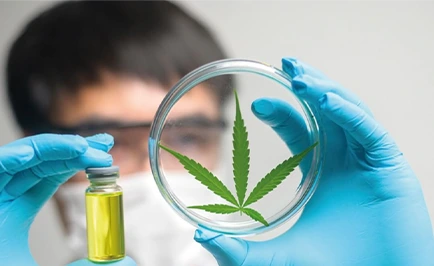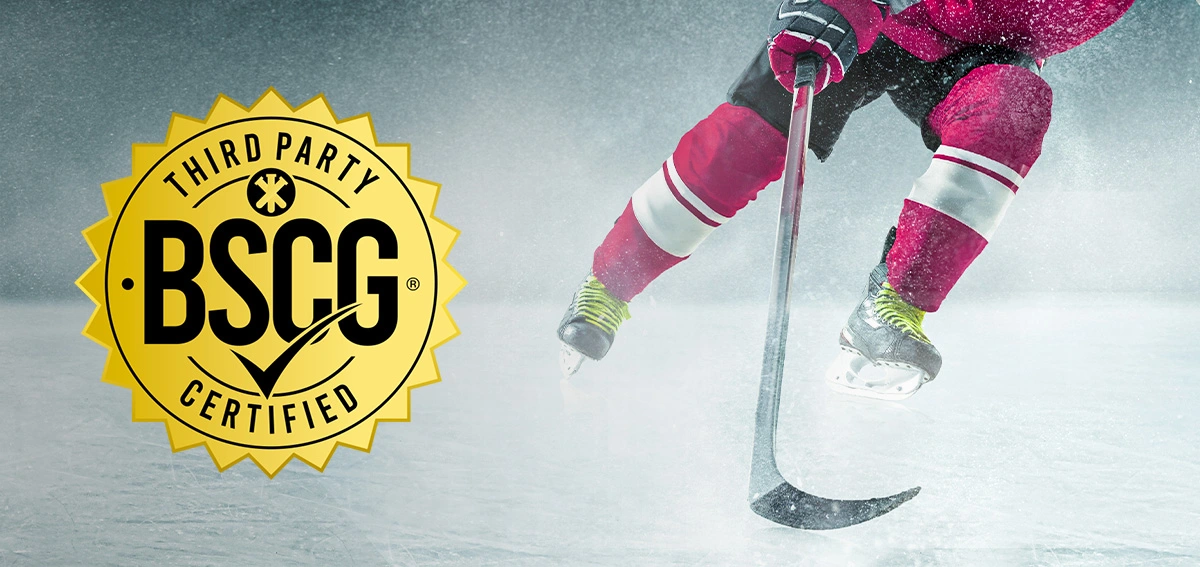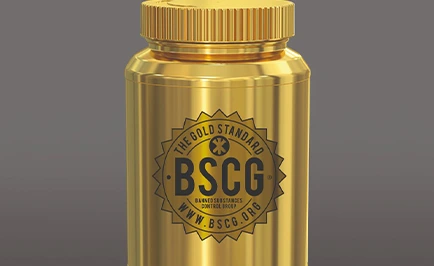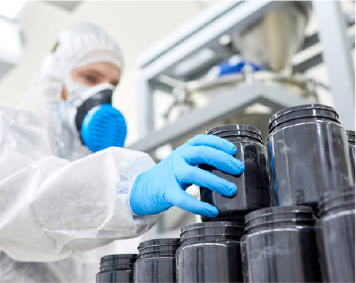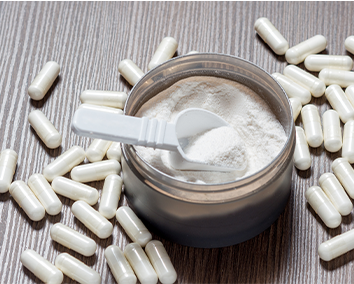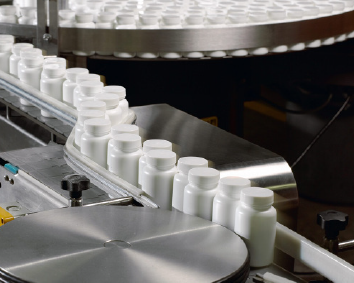Are You Doping With Hidden Stimulants or Other Drugs in Your Weight-Loss Supplements
Mar 20, 2025

Are You Doping With Hidden Stimulants or Other Drugs in Your Weight-Loss Supplements
The start of each year stirs up lofty goals in almost everyone. Sometimes, this can mean changing long-term habits. Sometimes it means searching for a quick fix. Weight loss supplements, which promise to melt away holiday indulgences like some sort of parlor trick, are often sought after as a quick fix for consumers, athletes or military service members. With unscrupulous manufacturers cutting corners, and presence of undeclared drugs and performance enhancing substances common, weight loss supplements are one of the riskiest categories for consumers and athletes alike. With a history of quality control issues, and ineffective regulation, weight loss supplements can be a bit of a crap shoot. Are they worth the gamble? Let’s take a look at the issues, and the protection offered with third-party certification like BSCG Certified Drug Free.
The Hidden Dangers in Weight-Loss Supplements
Some sources suggest that weight loss supplements make up 27% of all FDA recalled dietary supplements, a staggering figure. According to research published in JAMA Network, supplements marketed for weight loss often contain hidden pharmaceutical drugs. Historically, weight loss supplements have been one of the most contaminated categories in the industry so this should not be too surprising, but what happens next is. The paper describes that out of 31 warning letters the FDA issued, only 1 product was recalled by the manufacturer. Nine of the 31 products, an incredible 29%, could still be bought online as long as 6 years after the FDA issued a warning letter. This ineffective regulation may expose consumers to hidden pharmaceuticals in weight loss products long after they’ve been flagged by the FDA. For anyone who is a drug-tested athlete, military service members, or professional who is drug tested for work, this lingering concern can turn an experiment with a quick fix weight loss supplement into a career-ending mistake for a positive drug test.
Supplements Still Lurking After FDA Warnings
The FDA’s way of regulating supplements operates reactively. Only after an issue is exposed is it typically addressed. Weight loss products, and other supplements, are not required to be tested for pharmaceuticals or banned substances in sport. A study by the California Department of Public Health revealed that 776 supplements were found to contain banned or unapproved ingredients between 2007 and 2016. Somewhat shockingly, 20% of these products contained more than one illicit substance. The most common illicit ingredient in the weight loss category was a pharmaceutical-grade appetite suppressant called sibutramine. The FDA has noted concerns that it can cause heart attacks, strokes, and increased blood pressure. If you don’t know you’re taking something like sibutramine and are on other prescription drugs you could be in a world of trouble. To make matters worse, a study from JAMA Internal Medicine found that 75% of supplements flagged for containing prohibited stimulants were still sold years later, with no corrective action taken by manufacturers. So even if an unscrupulous manufacturer gets a notice from the FDA, they often keep doing what they’re doing, especially if the profits keep rolling in.
Career-Ending Risks for Athletes, Military, and Drug Tested Professionals
For athletes, military, and drug tested professionals the stakes are high when with weight loss supplements if they contain undeclared drugs. A single dose of a tainted supplement can result in a positive doping test sidelining careers and tarnishing reputations. With hidden ingredients like stimulants, steroids, and prescription drugs lurking in a wide variety of weight-loss products and other supplements the potential for inadvertent doping can be high. General health concerns can also exist that may include heart complications or drug interactions.
Third-Party Certification Helps Provides Quality Assurance and Risk Management
For those subject to anti-doping rules, choosing weight loss supplements or other supplements that have not been through third-party certification like the BSCG Certified Drug Free program is a recipe for disaster given the prevalence of drug contamination and the ramifications of testing positive. Third-party certification is designed to target this risk, and more. First, the label is reviewed to make sure there are no banned substances in the formula. Then a robust audit of quality control, label claim and contaminant testing, and GMP compliance is performed. In the Certified Drug Free program every lot is tested for more than 500 banned substances in sport and other undeclared pharmaceuticals. For consumer and retail protection the BSCG Certified Quality program provides annual testing to check for drug contaminants, label claims and environmental contaminants like heavy metals, pesticides, and microbiological agents. Unlike the FDA’s reactive approach, BSCG’s third-party certification programs proactively help ensure the quality of weight loss supplements or other consumer products.
Random Weight-Loss Supplements May Put You at Risk, Third-Party Certification is Your Shield
Weight loss supplements may promise quick results but they can also harbor hidden pharmaceuticals that put consumers, and brands, at risk. The dangers can sometimes outweigh the benefits for drug tested professionals that use products that have not been scrutinized by a third-party. The real weight-loss secret lies not in flashy marketing but in making informed decisions. Brands, consumers, and athletes alike benefit from the protection that third-party certification offers. Don’t let untested supplements sideline your goals or compromise your health. Ultimately, the real win in weight loss isn’t about quick fixes or shortcuts. You win with high quality, third-party certified products that put your health first.



